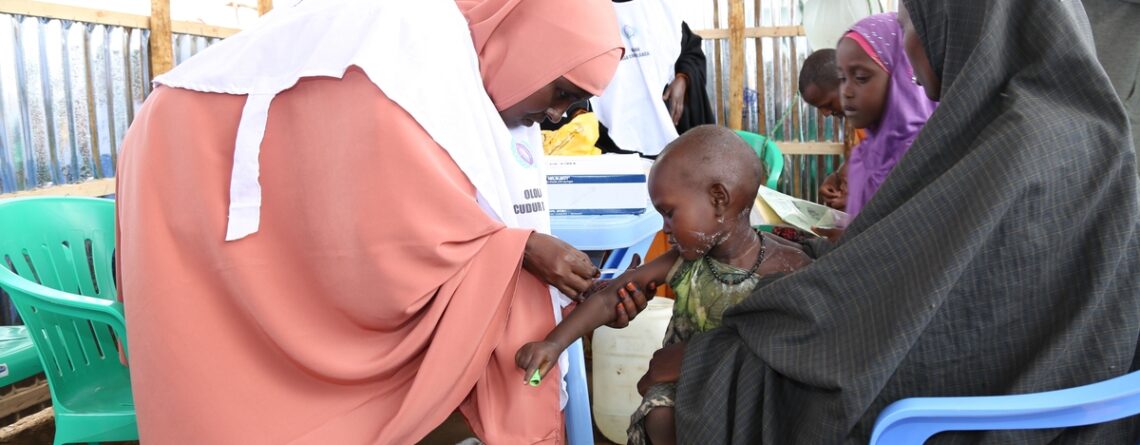Low and Middle Income countries need $1.4 trillion annually for universal social protection: ILO
Universal social protection for low- and middle-income countries would require an additional $1.4 trillion per year, according to a working paper by the International Labour Organization (ILO). Among regions, Africa faces the most substantial challenge in achieving universal coverage for social protection.
The ILO document provided global, regional and country-level estimates of the financing gap to achieve universal social protection, including universal access to five key social protection guarantees (that is, for children, persons with severe disabilities, mothers of newborns, older persons and the unemployed) and essential health care.
The paper highlighted the significant challenge of financing, particularly for low-income countries, where the gap is more than half (52.3 per cent) of their annual gross domestic product (GDP). It argued that international solidarity is required to bridge this gap.
The majority of these funds (60.1 per cent) are needed for essential health care. The remaining portion is divided among social protection cash benefits as follows: 17.8 per cent for child benefits, 8.3 per cent for old-age pensions, 7.1 per cent for disability benefits, 5.2 per cent for unemployment benefits and 1.5 per cent for maternity benefits.
For child benefits, the financing gap was calculated for individuals aged 0 to 14 who do not currently receive any child benefits.
The financing gap for old-age pensions was calculated by counting the number of people aged 65 and up who do not receive any type of old-age pension.
The estimations covered 133 low- and-middle-income countries.
The financing gap is measured both in absolute terms (billions of dollars at 2024 prices) and in relative terms (percentage of GDP). Furthermore, the financing gap is compared to actual government expenditure as well as social protection expenditure.
In low- and middle-income countries, the financing gap for universal social protection is 3.3 per cent of GDP per year, with essential health care accounting for 2 per cent and the five key social protection cash benefits accounting for 1.3 per cent.
According to the regional analysis, Africa faces the most significant challenge in achieving universal social protection coverage, with a financing gap of 17.6 per cent of the region’s annual GDP, followed by low- and middle-income countries in the Arab States (11.4 per cent), Latin America and the Caribbean (2.7 per cent), Asia and the Pacific (2 per cent) and Europe and Central Asia (1.9 per cent).
Sudan has the largest financing gap among all low- and middle-income countries, owing to ongoing conflicts, disease outbreaks, economic and political turmoil and climate crises.
To achieve universal coverage, low- and middle-income countries will need to increase government spending by 10.6 per cent of total annual spending. This can be accomplished through domestic resources such as taxation and social security contributions, as well as better sovereign debt management.
The working paper emphasised the importance of universal social protection in dealing with the effects of the climate crisis by reducing vulnerabilities and mitigating climate shocks.
To mitigate climate change and its unequal impact on populations within countries, progressive taxation, including taxes on those who consume and produce the most carbon dioxide, is urgently needed. One way to accomplish this is to eliminate regressive fossil fuel subsidies (explicit fossil fuel subsidies) and raise the price of carbon-intensive goods and services through a carbon tax that accounts for the environmental costs of carbon use.
According to the paper, international climate financing could help to strengthen and adapt social protection systems in low- and middle-income countries.
Read more @downtoearth











